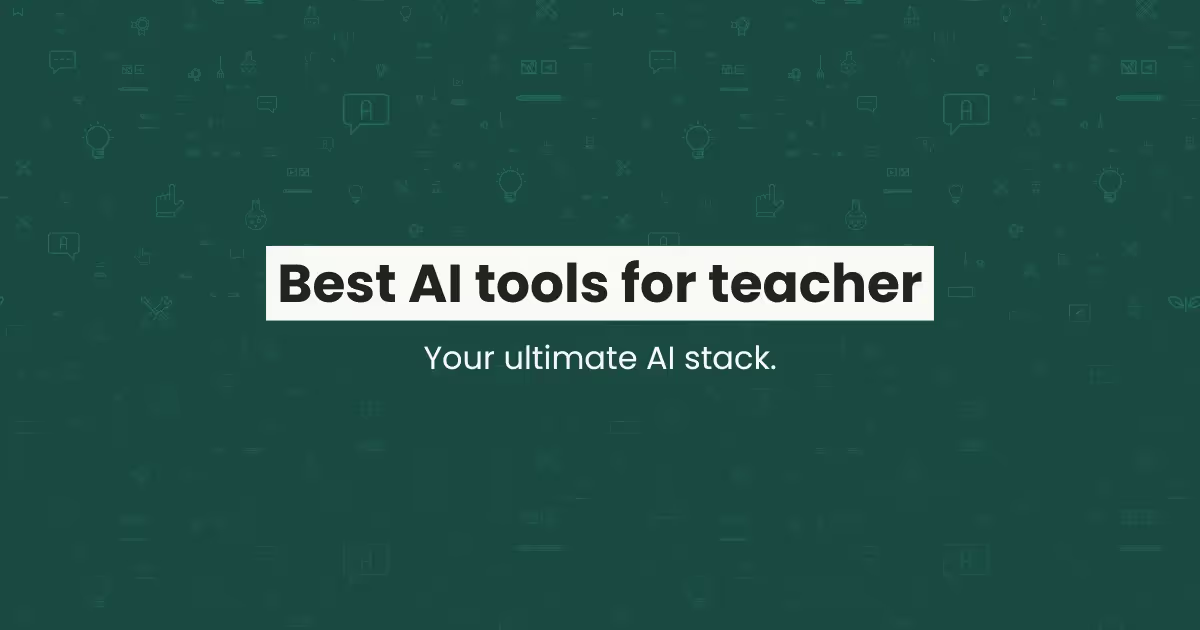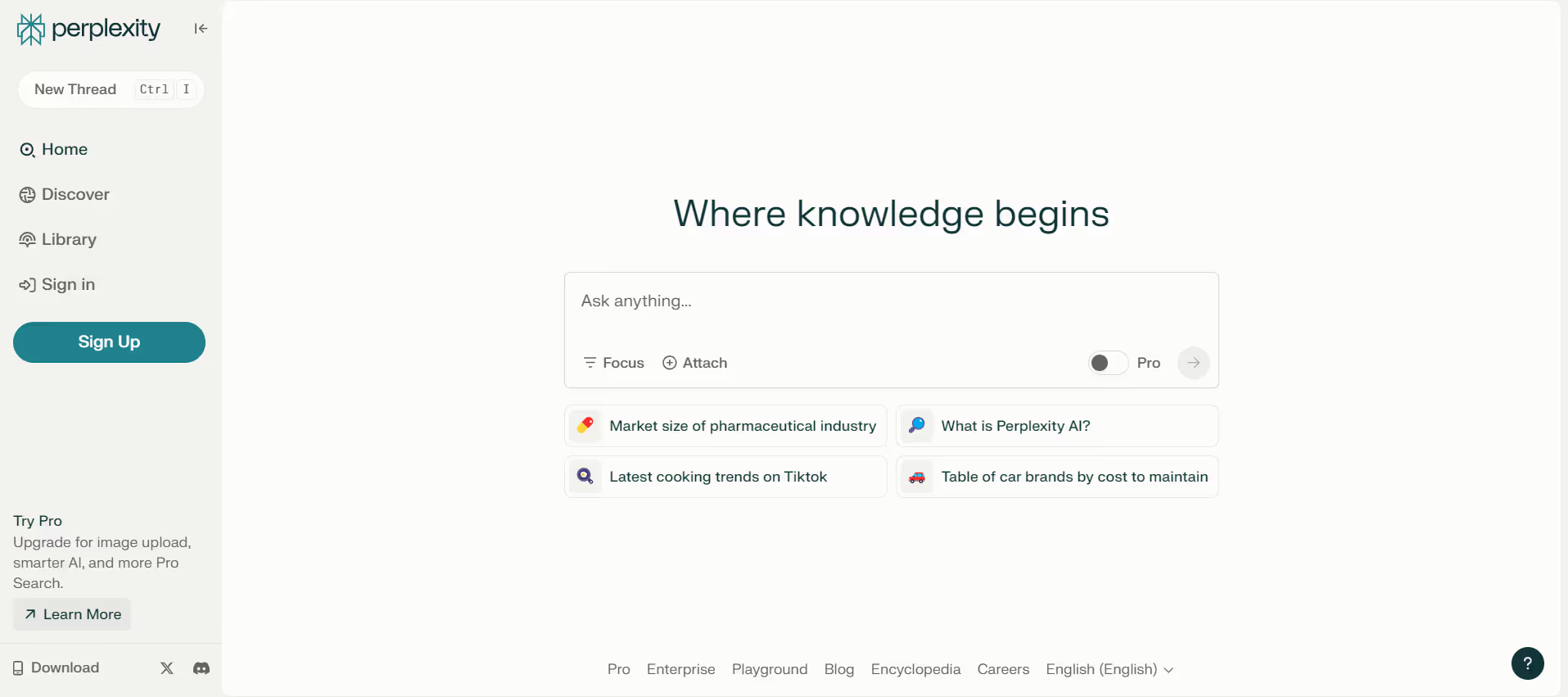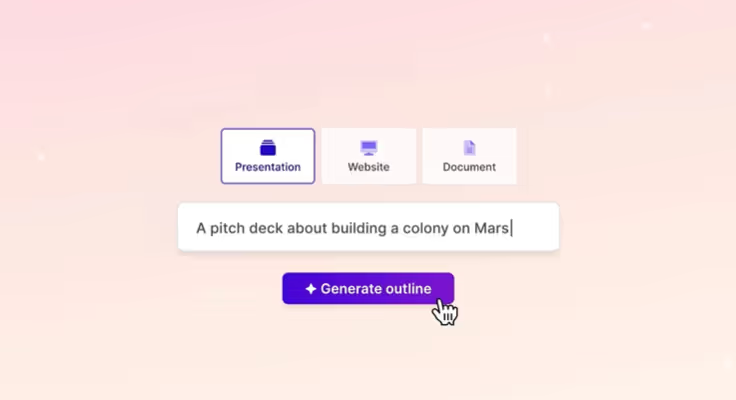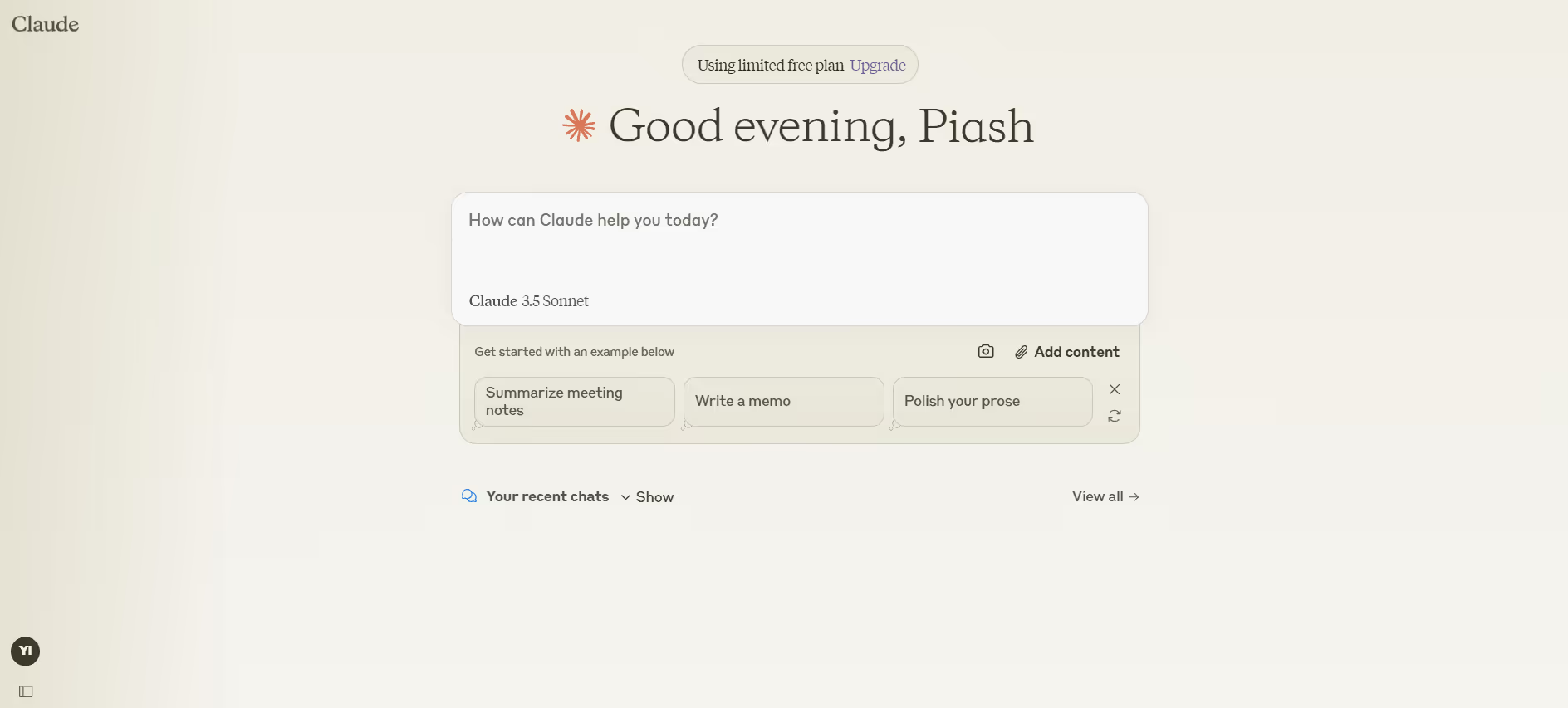Discover the best AI tools for teachers and educators. Make your life easier with a diverse set of time-saving AI tools, including free options, for various teaching needs.

Teachers are adding more and more software to their daily routine.
But more software often means more fatigue. Teacher communities are flooded with requests for tool recommendations, and the responses? Usually a bunch of competing tools that leave you even more confused.
In my recommended list of top AI tools for teachers, I've avoided overlapping tools and selected ones that complement each other. One day, you're creating assessments with Quizizz, the next, grading with Turnitin, while also planning your entire course and prepping daily lessons with Monsha.
And don't miss the beautifully designed, shareable infographic at the end of this article.

Yes, I've got a list ready for you, but if you ever want to make your own list, here are the things you should consider:
Now, you're ready for the list!
If you prefer videos, here are the five free AI tools teachers use the most. Each one helps with a different part of planning, teaching, or creating resources.
If you want to see how they compare or want a deeper walkthrough, keep reading.
Monsha may be a newcomer, but it's quickly proving to be a game-changer in resource creation and teaching prep. It covers the full journey—from planning courses, units, and lessons to generating a wide range of learning materials, all while adapting to your specific workflow and teaching needs.
What makes Monsha stand out from other GPT-based tools is its cohesive approach to resource creation and long-term instructional planning. For instance, you can start by creating a course, break it down into units and lessons, develop resources for each lesson, and build on previous materials—iterating until your entire coursework is ready.
Monsha key features
Pricing information
Nolej is a very interesting tool, but doesn't get as much attention as it deserves. It empowers educators to turn static educational materials—like textbooks, videos, or online resources—into engaging, interactive learning experiences. This is ideal if you want to create course content that you want students to consume digitally. This tool also makes it easy to engage students through dynamic courseware.
Nolej key features
Pricing information

Ever since I discovered Perplexity, I've (almost) ditched Google. It's an AI-powered search engine that goes beyond basic queries. As they describe it, it's your "AI-powered Swiss Army Knife" for research and discovery. It doesn't just answer questions—it helps you explore, organize, and dive deep into topics.
It's a game-changer for both teachers and students because it provides answers with citations. Unlike ChatGPT and other AI tools that sometimes fabricate information, Perplexity shows exactly where its information comes from—making it perfect for in-depth research and classroom discussions.
Perplexity key features
Pricing information
Most of the tools I've mentioned are web-based, but Brisk Teaching is a handy Chrome extension! It's built specifically for teachers to streamline daily tasks like giving feedback, creating quizzes, and generating lesson plans. It works seamlessly with websites like YouTube and Google Docs, so you can be watching a video and, with just a few clicks, create teaching resources based on the video, right from the same page, using the Brisk extension!
Brisk Teaching key features
Pricing information

My go-to for any presentation—whether it's academic or business! Most AI tools will give you the text for each slide and leave you to handle the design. But with Gamma, you just give it a prompt, and it generates beautifully designed slides that you can tweak to fit your style. You can then export the slides or present them directly from Gamma. It's like having ChatGPT and PowerPoint merged into one, all powered by AI!
Gamma key features
Pricing information
From the moment I started using Canva, I haven't gone a day without it!
It's a total gamechanger for anything design-related—whether it's presentations, worksheets, infographics, or lesson plans. Canva is built to be both simple and powerful, so no fancy design skills are needed. Its popularity comes from how easy it is to use, along with a massive library of templates. And the best part? It's completely free for educators and students!
Canva key features
Pricing information
Turnitin is a go-to solution for upholding academic integrity. While it's best known for its plagiarism detection, it has evolved to also flag AI-generated content in student work. On top of that, it offers students valuable feedback throughout the writing process.
Turnitin key features
Pricing information

ChatGPT was cool until I tried Claude!
Lately, it's really shown its edge over most competitors when it comes to writing and coding. It's just that good with languages—so gamechanger for teachers. Use it the same way you'd use ChatGPT, but expect better responses!
It's more adaptive and, in my experience, understands context more effectively. Plus, it's designed to be mindful of human values and social norms, which makes it even more impressive. I'm a fan.
Claude key features
Pricing information
Grammarly has been around long before AI tools like ChatGPT became trendy. As an AI-powered writing assistant, it helps elevate your writing by catching grammar mistakes, offering suggestions, adjusting the voice, tone, and style, and ensuring your message is clear and professional.
Whether you're drafting lesson plans, grading papers, or firing off emails, Grammarly is your go-to for clean, polished writing. Plus, it comes with a built-in plagiarism checker for added peace of mind.
Grammarly key features
Pricing information
Quizizz is your go-to when you want to turn quizzes into fun, game-based learning experiences. Its AI-powered features let you instantly generate quizzes from any text or source. What sets Quizizz apart from other quiz tools is its ability to keep students engaged throughout the entire process—whether it's for live classes, homework, or self-paced practice.
Quizizz key features
Pricing information
ChatGPT needs no introduction—it's still, in my opinion, the most powerful general-purpose AI out there. It's brilliant for brainstorming, answering student questions, offering real-time feedback, and pretty much anything else you throw at it.
ChatGPT key features
Pricing information
If prompting isn't your thing, MagicSchool has your back. It offers 50 tools for teachers—covering everything from lesson planning and report writing to personalized assessments, SEL (social-emotional learning), and even parent emails. MagicSchool pretty much does it all.
But in my opinion, its biggest strength still lies in its prompt engineering. If you can provide classroom context in prompts, tools like Claude or ChatGPT will bring even more magic to the table.
MagicSchool key features
Pricing information
Custom GPTs are tailored versions of ChatGPT that you can design to meet specific needs or tasks—no coding required. In simpler terms, a GPT is a bot trained to perform a specific task and excel at it. Teaching-focused GPTs are no exception.
These GPTs can be as simple or as sophisticated as you want, depending on what they're built to do. For instance, you might create a GPT to help students grasp difficult math concepts, assist in crafting detailed lesson plans, or even analyze student performance data to fine-tune your teaching approach.
Custom GPT key features
As you can see, there are plenty of ways to use GPTs for teaching.
Pricing information
If you're still overwhelmed with a list of thirteen, here's my top three: Claude, Canva, and Monsha—start here.


AI for Teachers
We’re the Monsha Team—a group of educators, engineers, and designers building tools to help teachers combat burnout and get back to life.. Our blogs reflect real classroom needs, drawn from conversations with educators around the world and our own journey building Monsha.
Join thousands of educators who use Monsha to plan courses, design units, build lessons, and create classroom-ready materials faster. Monsha brings AI-powered curriculum planning and resource creation into a simple workflow for teachers and schools.
Get started for free